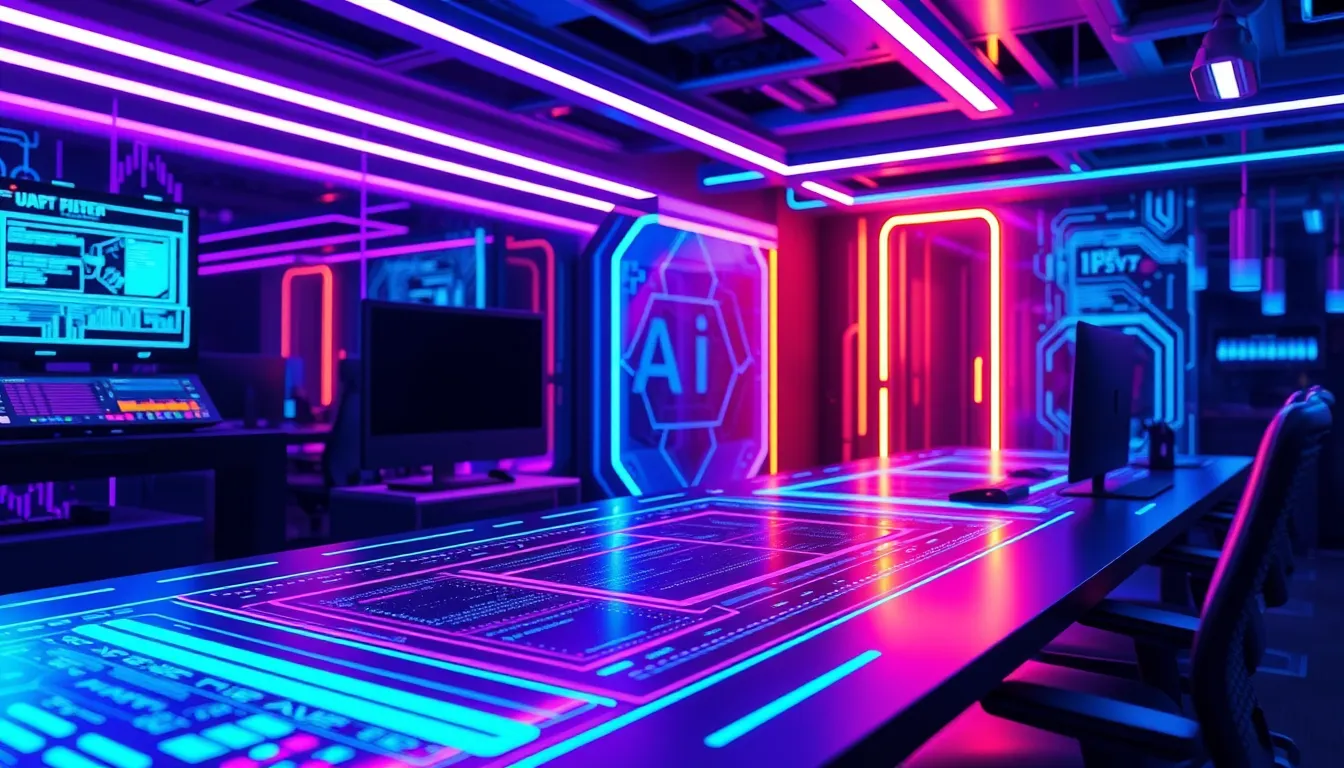Now Reading: Revolutionizing Software Development with AI Coding Assistants and Amazon SWE-PolyBench
-
01
Revolutionizing Software Development with AI Coding Assistants and Amazon SWE-PolyBench
Revolutionizing Software Development with AI Coding Assistants and Amazon SWE-PolyBench

Revolutionizing Software Development with AI Coding Assistants and Amazon SWE-PolyBench
Introduction
In today’s fast-evolving tech landscape, AI coding assistants have emerged as transformational tools in software development. Amazon’s internal platform, SWE-PolyBench, offers revealing insights into these tools, highlighting both their capabilities and the inherent risks. This article explores the evolution of AI coding assistants, key findings from Amazon SWE-PolyBench tests, and the pressing challenges related to the reliability of AI coding tools and automated code vulnerabilities.
Evaluating the Reliability and Security of AI Coding Assistants
AI coding assistants streamline coding processes by auto-generating code, significantly enhancing productivity. However, while these tools offer speed and efficiency, they are not free from pitfalls. Amazon’s SWE-PolyBench initiative tested these assistants under diverse programming conditions to identify issues such as:
- Code generation risks: Rapid code generation often leads to a lack of rigorous error checking, increasing the likelihood of logic errors.
- Automated code vulnerabilities: The tools may inadvertently introduce security gaps in the final codebase, potentially compromising applications in production environments.
- Ethical implications of AI coding: The reliance on public code sources raises ethical concerns, especially with the unintentional replication of copyrighted or outdated code segments.
Key Findings from Amazon SWE-PolyBench
Amazon SWE-PolyBench was designed to simulate real-world conditions and measure the efficiency and safety of AI coding assistants. The study found that while these tools can automate mundane tasks and accelerate project timelines, several issues persist:
Reliability Concerns
Testing revealed that the reliability of AI coding tools can vary significantly. In many instances, the AI-generated code lacked adequate error checking, leading to subtle bugs that might become significant issues in enterprise-level software. The long-tail focus on the reliability of AI coding tools emphasizes the need for further refinement in these systems.
Security Gaps
Another critical finding was the presence of security gaps in AI-generated code. The assistants sometimes embed vulnerabilities by replicating insecure code snippets. This poses a serious risk, especially when code is deployed in sensitive environments. The study underscores the necessity to address automated code vulnerabilities through integrated security protocols and thorough manual reviews.
Implications for Code Generation and Ethical Considerations
The findings raise substantial ethical and operational questions. The tools often source their data from public repositories, where legal and ethical issues may arise if proprietary or copyrighted code is inadvertently included. This situation elevates the ethical concerns in public code sourcing and questions the transparency of training data.
Important elements to consider include:
- Data Ethical Sourcing: Companies must ensure that the training data for AI coding assistants is ethically sourced and free of copyrighted material.
- Responsible Automation: Developers need to maintain a balance between automation in software development and essential human oversight, ensuring that manual code reviews are never sidelined.
For more details on Amazon’s standards and evaluation processes, visit the official Amazon website at https://www.amazon.com.
Balancing Innovation with Risk Management
Despite the benefits provided by AI coding assistants, the Amazon SWE-PolyBench report highlights a cautionary tale. While the efficiency gains are undeniable, the risks associated with security gaps in AI-generated code and the ethical implications of using public repositories call for a balanced approach:
- Integrate manual code reviews to detect and rectify potential bugs early.
- Develop secure coding practices that complement the use of automated tools.
- Establish robust benchmarks and evaluation metrics to continually improve the performance of AI tools.
This balanced approach underscores that while AI can revolutionize software development, its integration must be governed by strict quality controls and ethical guidelines. By combining the speed of automation with the critical insight of experienced developers, the coding ecosystem can achieve a higher standard of reliability and security.
Conclusion
Amazon’s SWE-PolyBench initiative serves as a crucial wake-up call for developers and tech innovators. The surge of AI coding assistants is reshaping the methodologies behind software development, but not without introducing new risks. With a clear focus on enhancing the reliability of AI coding tools and mitigating automated code vulnerabilities, the industry is poised to evolve towards a more secure and ethically balanced future. As we move forward, embracing AI coding assistants while ensuring rigorous manual oversight will be essential to maintain high standards in software quality and security. This dual approach promises not only heightened efficiency but also a robust framework for reliable and safe software development.

























